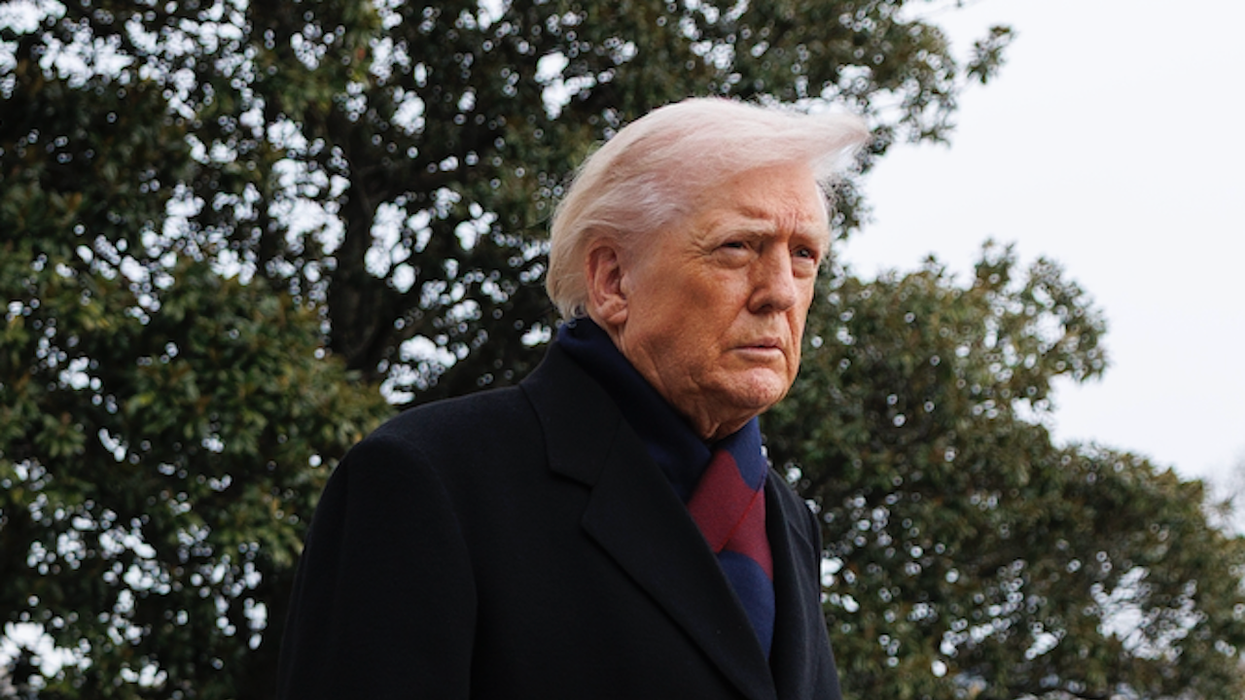
© 2025 Blaze Media LLC. All rights reserved.
Government plans to borrow $1 trillion, some say to offset new tax law, this fiscal year
February 04, 2018
As people obsessed over the Nunes memo last week, an important revelation from the U.S. Treasury Department breezed past.
The government plans to borrow nearly $1 trillion this fiscal year, an 84 percent increase in spending when compared to the previous fiscal year, an analysis by the Chicago Tribune found.
According to documents released Wednesday, the U.S. Treasury expects to borrow $955 billion this fiscal year, the report states. That’s the highest amount of borrowing in six years, and nearly double the $519 billion borrowed by the federal government in 2017.
Why is this happening?
The Treasury said the increase was due to the "fiscal outlook,” the report states. But the Congressional Budget Office said it’s due to lower tax receipts expected to follow the new tax law.
The increase in spending could also complicate Congress' discussions on spending for infrastructure, the military, disaster relief and other programs, the report noted.
"We're addicted to debt," Marc Goldwein, a senior policy director at Committee for a Responsible Federal Budget told the Chicago Tribune.
Ernie Tedeschi, a former senior adviser to the U.S. Treasury and now the head of fiscal analysis at Evercore ISI, added that this marks the biggest borrowing jump (as a share of GDP) in a non-recession time since Ronald Reagan was president. Regan spiked borrowing due to a military buildup, something Trump is also planning, the report stated.
What has Trump said?
The Chicago Tribune noted that during the State of the Union address, President Donald Trump did not mention spending or budget deficits.
Investors recently expressed concerns about additional borrowing and the possibility of higher inflation. That caused interest rates on U.S. government bonds to hit the highest level since 2014. And it was responsible, in part, for “the worst weekly sell-off in the stock market in two years,” according to the report.
"Some of my Wall Street clients are starting to talk recession in 2019 because of these issues. Fiscal policy is just out of control," Peter Davis, a former tax economist in Congress told the Chicago Tribune.
Want to leave a tip?
We answer to you. Help keep our content free of advertisers and big tech censorship by leaving a tip today.
Want to join the conversation?
Already a subscriber?
more stories
Sign up for the Blaze newsletter
By signing up, you agree to our Privacy Policy and Terms of Use, and agree to receive content that may sometimes include advertisements. You may opt out at any time.
Related Content
© 2025 Blaze Media LLC. All rights reserved.
Get the stories that matter most delivered directly to your inbox.
By signing up, you agree to our Privacy Policy and Terms of Use, and agree to receive content that may sometimes include advertisements. You may opt out at any time.






